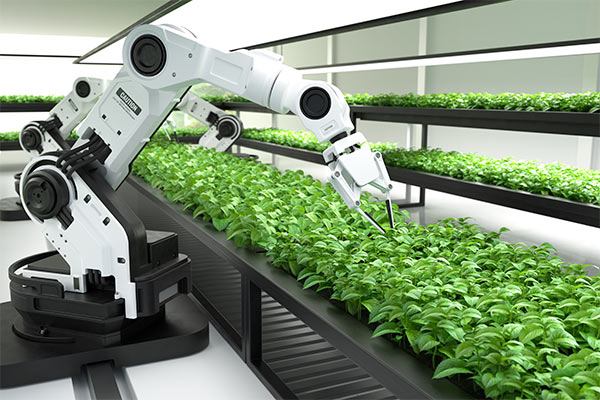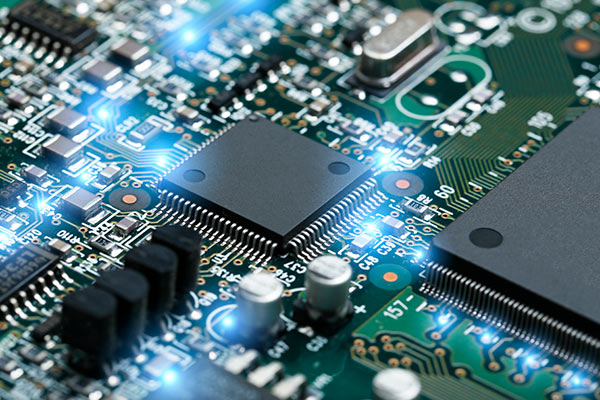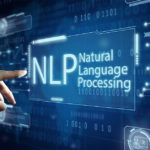The history of artificial intelligence is a hot topic right now. From the way it is used in movies to the discussions that seem to be happening everywhere, AI has been getting a lot of attention lately. However, many people don’t know what artificial intelligence actually is and how it came about. In this blog post, we’ll explore some of the history behind our favourite technology so you can learn more about where AI came from and why it continues to grow as a field today.
Origin Of Artificial Intelligence
The origin of artificial intelligence is a hotly debated topic. Many believe that the history of artificial intelligence starts with the first mentions of AI that come from a letter by Alan Turing in 1950. Others say that the origins of AI go back to the 19th century, when Charles Babbage and Ada Lovelace were building something like computers.
Others argue that machines have been self-aware since ancient Greece, with the works of Aristotle.
However, the first mention of “artificial intelligence” as an approximation of what we know today is found in an 1868 book by mathematician George Boole, who created Boolean logic.
These ideas led Turing to propose his Turing Test in 1950 while working on the first computers.
Many other scientists have contributed or built on ideas that would lead to the creation of AI, such as John McCarthy (who coined the term “artificial intelligence”), Allen Newell and Herbert Simon (the first to create an expert system), Marvin Minsky (one of the co-founders of the MIT AI lab) or later Geoffrey Hinton.

What Was The First Artificial Intelligence?
The first computer program that used an idea similar to what we now think of as AI was created by Arthur Samuel in 1959. The program, called “checkers player”, was not very impressive, but it demonstrated that a machine could be taught to play with minimal instructions.
It was not until 1964 that Marvin Minsky and Dean Edmonds created the first neural network simulator. This would inspire many scientists to think about creating more complex machine learning algorithms, which would quickly lead to multiple discoveries in the field.
Of course, it was not until 1956 when, as mentioned above, John McCarthy coined the term “artificial intelligence” in a lecture at Dartmouth College.
Although some argue that machines have been self-aware since ancient Greece, the real history of AI begins in 1956, when John McCarthy coined the term in a lecture at Dartmouth College.
Recent History Of Artificial Intelligence
But the history of artificial intelligence continues up to our most recent days.
In 1977, a programme called “Eliza” became known to many people because it was able to mimic a psychoanalyst during sessions with users. The fact that Eliza managed to convince some people that they could talk to a real doctor is often considered the first “AI” chatbot.
In 1980, Shakey became one of the first AI robots and was able to make its own decisions without human intervention as it explored new environments before reaching its destination (following commands such as “move 30 metres forward”). The same year saw the release of the film Blade Runner, which featured some of the first AI robots that could “think” for themselves.
In 1997, Deep Blue became the first computer to win a game of chess against a world champion (Garry Kasparov). Many believed this was one of the first major milestones in AI because it showed how machines were becoming smarter than humans in some areas.
In 2011, IBM created a computer called Watson that competed on the TV show Jeopardy! In this case, it was not just about winning – as in the case of Deep Blue – but about knowing how to interpret puns and jokes to come up with witty answers using its artificial intelligence algorithms.
What Does The History Of AI Mean To You?
Artificial intelligence has come a long way since its origins, and is now advancing at an exponential rate. The technology is already diverse enough to be applied in many sectors, from healthcare to sales, agriculture to transport. What does this mean for you?
It means that if your business relies heavily on data analytics or decision-making processes, AI could make your life a lot easier (and more profitable). We can help you discover where artificial intelligence will have the biggest impact for your business – get in touch!






